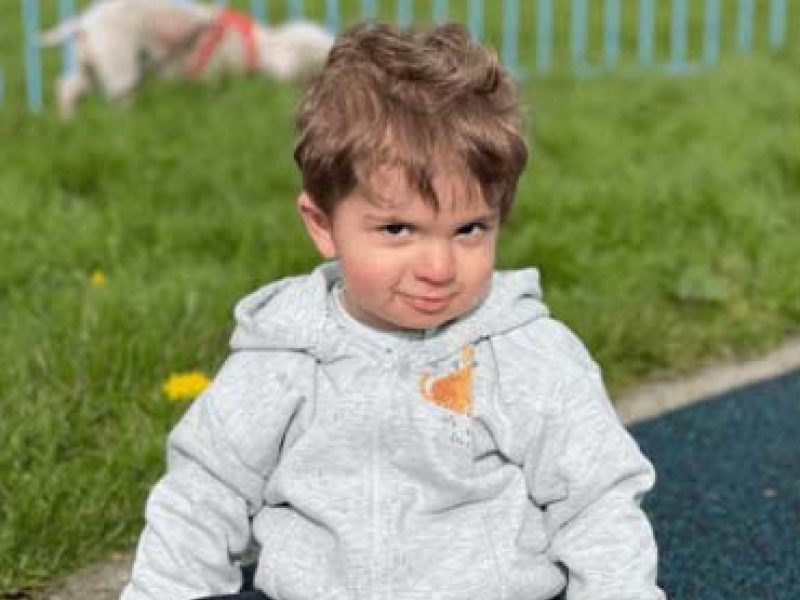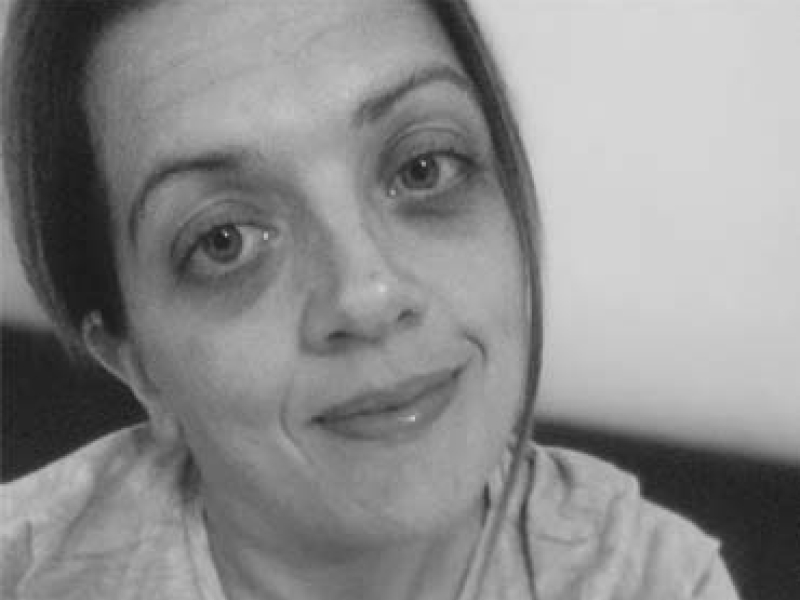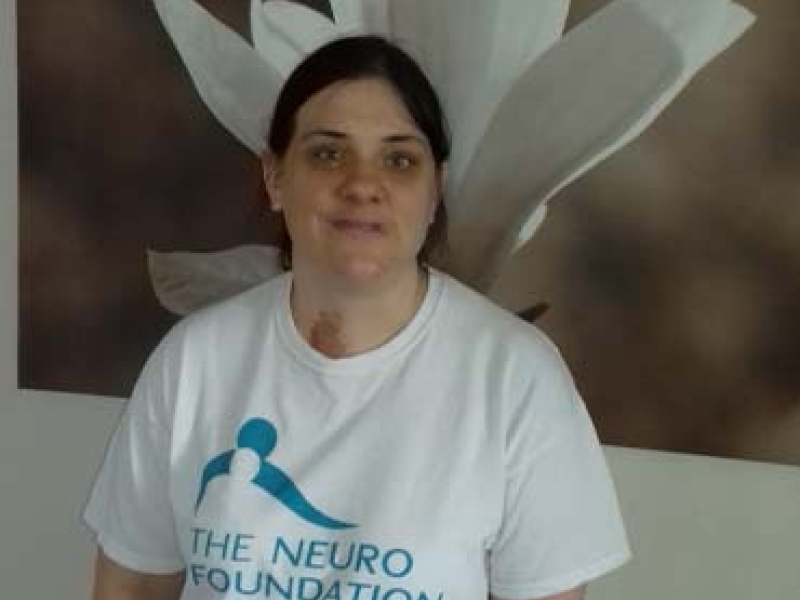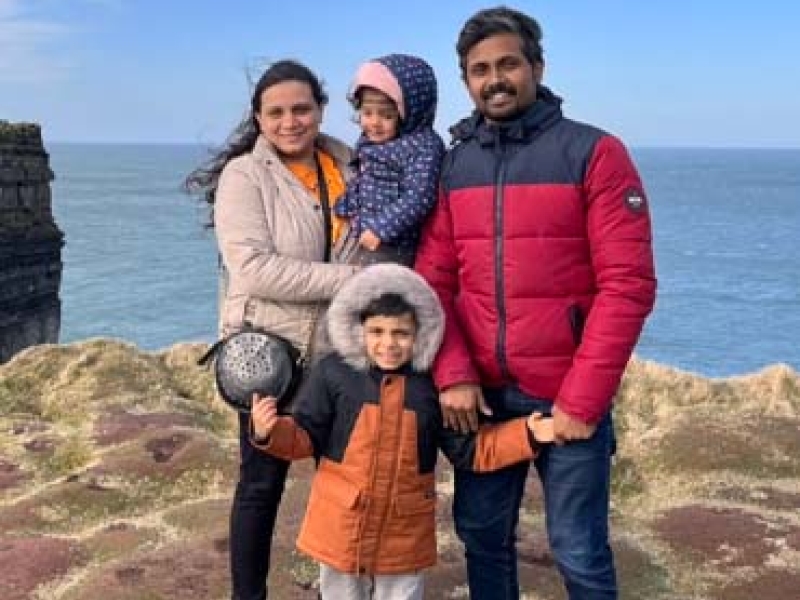Jane Frances
19 November 2019
Jane Frances
Jane Frances is a psychotherapist and was for many years Schools Specialist and Policy Advisor in Education at Changing Faces, UK. She is an expert in the psychology of visible difference.
She tells us of how findings from psychological research can help parents and teachers of children with Neurofibromatosis to better support them.
“I have worked with a lot of children with many conditions including NF, and I’ve found that the responses by other people to visible difference is pretty standard across conditions. The advice I give is based on research. ‘Common sense’, however well-intentioned, can lead to counterproductive interventions.
For example, if a child is staring at a child with a visible difference, the ‘natural’ reaction of the teacher is to say, ‘you mustn’t stare’. The result is that children learn to turn away, and the child with the difference feels even more isolated.
A better response is for the teacher to tell the staring child, ‘if you find yourself staring, smile and say ‘Hello, my name is Jane. What’s your name?’’
It is even more important that parents or the teacher coach the child who has NF to handle other children’s curiosity. The best strategy is for the child with NF to have something to say, like: ‘Don’t mind my lumps and bumps. I’ve got NF. Have you got something interesting about you?’ It is always good to round off with a question and engage – curiosity is the beginning of a relationship.
If the child is shy and nervous, the teacher might need to say, ‘Oh you’ve noticed Timothy’s unusual face. Well that’s the way Timothy’s face is, and did you know Timothy has a pet cat?’
We know from countless studies that it is harder for a child who looks unusual to make and keep friends. This is caused not by an aversion to the unusual face, but by an aversion to the stigma. The key, therefore, is to reduce or eliminate the stigma. The conversational strategies above will help. A curious stare is a door to a conversation and possible relationship.
Teachers’ expectations are also key: they need to hold in their heart really positive hopes for this child’s future. Many studies confirm the ‘Pygmalion Effect’: that lower expectations lead to lower results. Teachers aren’t doing children a favour by going easy on them. The child needs tough, high expectations.
These are just a few tips. You can get more information and resources for tackling issues of face equality and the impact of appearance at changingfaces.org.uk.”
– Jane Frances"The best strategy is for the child with NF to have something to say, like: ‘Don’t mind my lumps and bumps. I’ve got NF. Have you got something interesting about you? "
Filter News

NF1 & our Xander
Xander's parents have a unique fundraiser raffle, especially for LITRPG fans, with the aim of raising awareness of NF
Read More
RideLondon FreeCycle Sunday 29th May
Join Nerve Tumours UK on the official RideLondon Day 29th May 2022
Read More
RAISING THE ROOF COMEDY NIGHT
First night on the NTUK 40 years Comedy Circuit 2022 at London's Backyard Comedy Club
Read More
Chloe’s NF1 story
Chloe gives an honest assessment about coming to terms with having NF1 and how it has made her determined & strong
Read More
“Happy Easter”
A message from Karen, our Charity Director, wishing you a very Happy Easter!
Read More370x280_800_600_s_c1.jpg)
Lisa helps Shine a Light on Neurofibromatosis in Belfast
Lisa has NF1, & lobbied the Belfast Lord Mayor to get Belfast City Hall lit up blue on Neurofibromatosis Day, 17th May
Read More
Alex’s NF1 story
Alex describes her life with NF1, growing up in care, doing adaptive boxing & gym classes & getting NCFE Care qualifications
Read More
Sumeeth’s Schwannoma story
Sumeeth, thought nothing of a muscle twitch after a hangover - it was the first symptom that led to a Schwannoma diagnosis
Read More
Laura’s NF1 story
Laura is doing a skydive fundraiser to raise awareness & funds for NTUK, after her daughter was diagnosed with NF1
Read More

